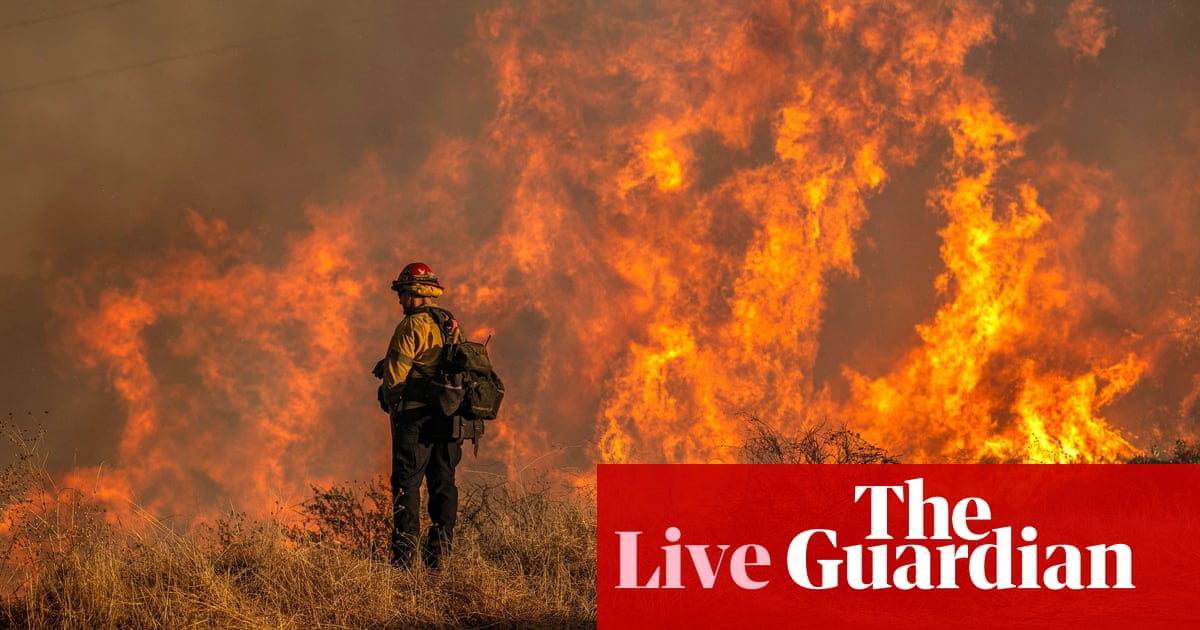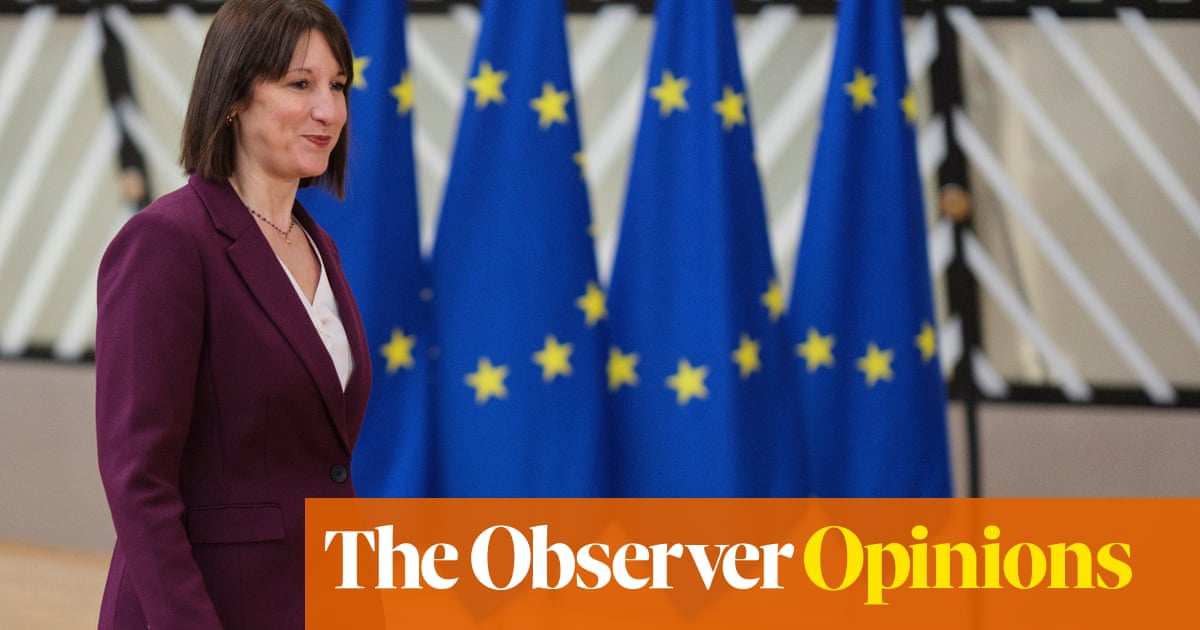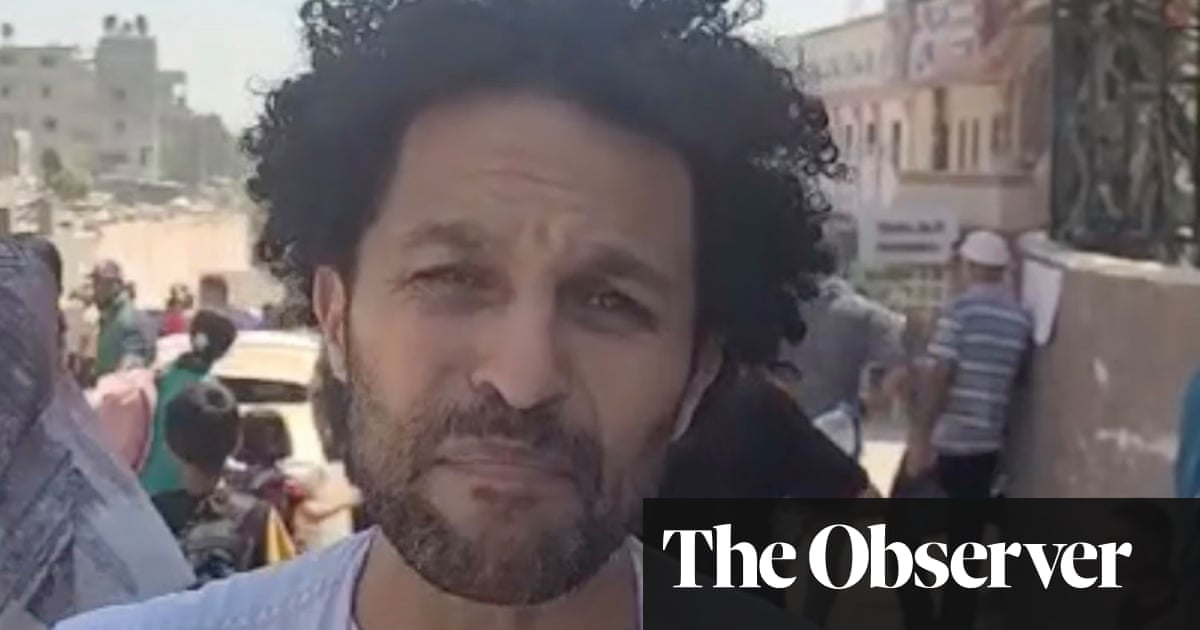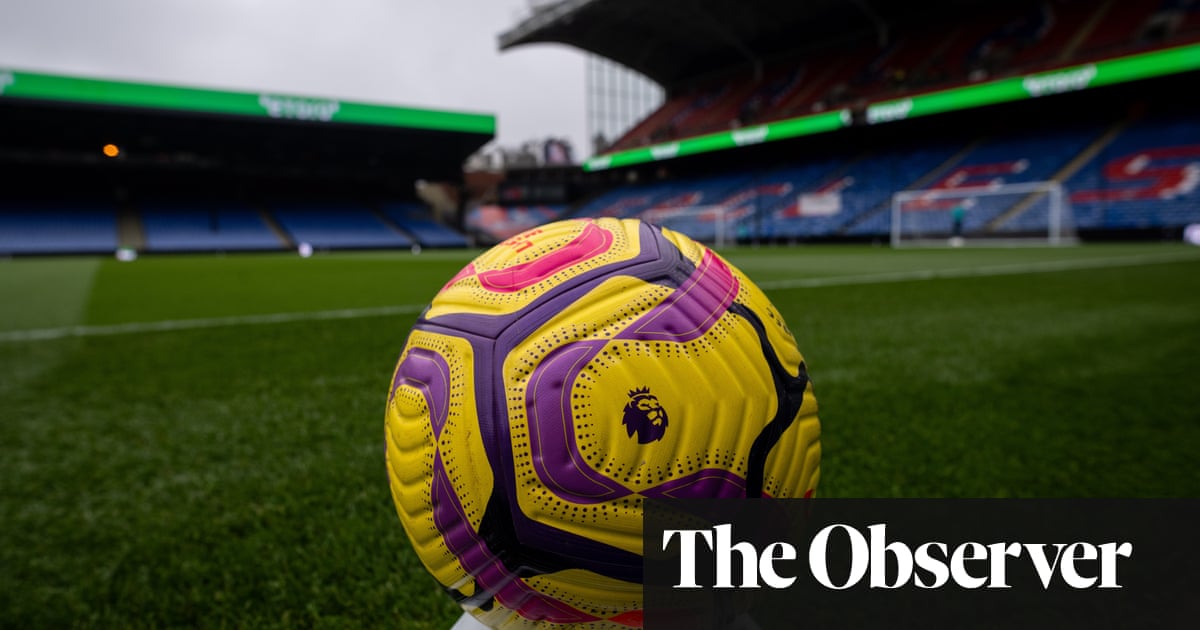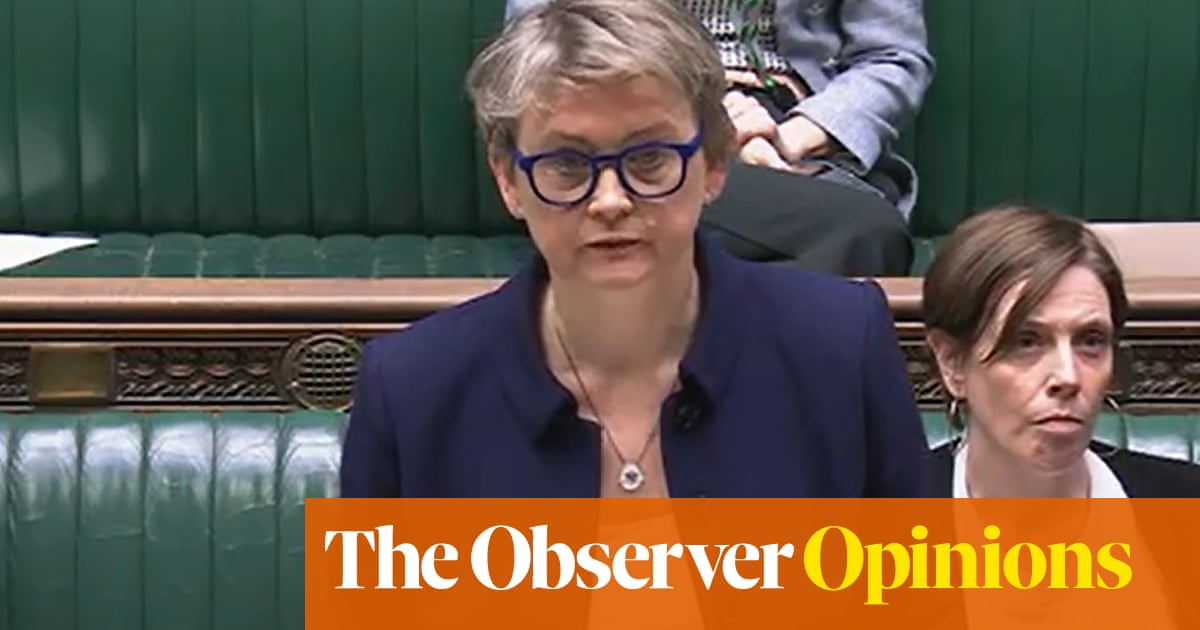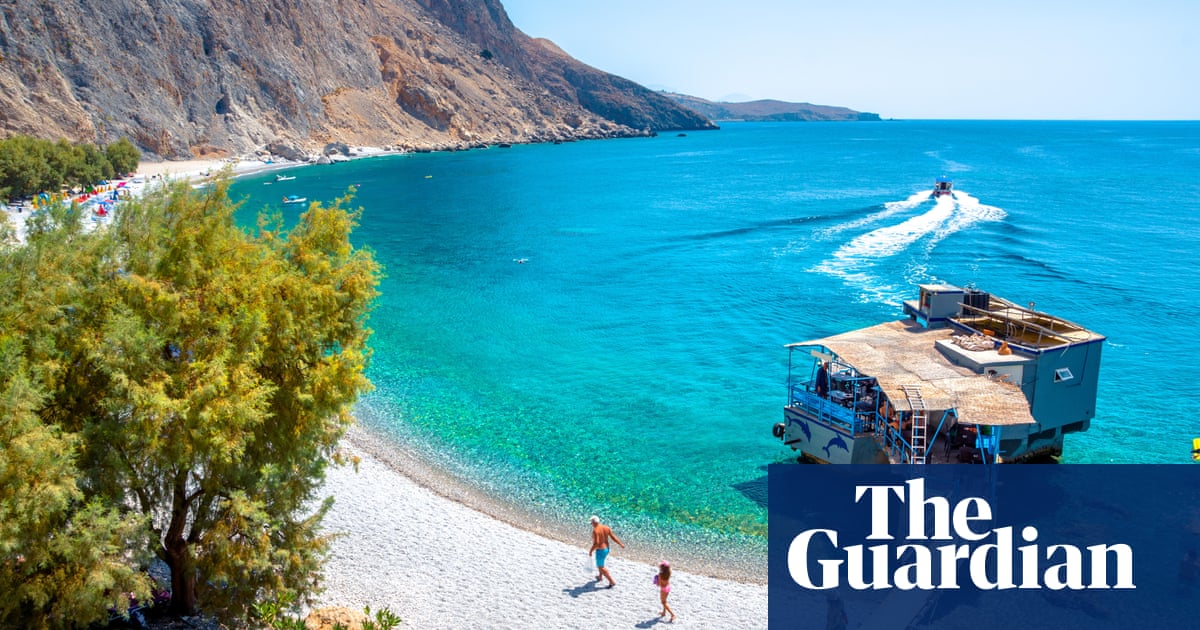The fall of Bashar al-Assad in Syria is a momentous event, bringing to an end one of the most brutal dictatorships of the past half-century. But it does not automatically usher in reconciliation and democracy. To be clear: the Middle East was and remains on an escalation path, while Russia’s determination to annihilate Ukraine as an independent country is unlikely to be affected by its humiliation in Syria.
Within Syria, violence, sectarianism and division are more likely scenarios than peace and stability, especially in the Kurdish-populated north, on which Turkish coercion is likely to increase.
Assad’s toppling may further weaken Hezbollah in Lebanon, which has already been severely degraded by Israel. But this neither means the end of Hezbollah nor does it make the ceasefire in Lebanon more secure. On the contrary, it will probably embolden Israel further, not just in Lebanon but also in Syria, where Israeli troops have already moved into the buffer zone. Meanwhile, Israel’s destruction and recolonisation of Gaza proceeds unhindered.
Furthermore, Benjamin Netanyahu may decide this is the right time to enact his dream of redrawing the Middle East and possibly toppling the regime in Tehran.
Iran, already weakened by the war in Lebanon and direct clashes with Israel, is now further exposed by the collapse of the regime in Damascus, Iran’s key regional ally for decades. This may further galvanise Netanyahu and revive Israeli delusions of regime change in Tehran.
Iran may now be even weaker than we think. However, the most likely alternative to the supreme leader is not a liberal democracy but a military dictatorship led by the all-powerful Revolutionary Guards.
The country’s missile programme and their militias have been degraded. With its key ally, Assad, gone, could Iran decide it must now accelerate its long-feared nuclear file in response to the new threats? The 2015 nuclear deal negotiated between Iran, Russia, China and the western powers (known as the joint comprehensive plan of action, or JCPOA) is already in tatters.
Alarmingly, it was revealed last week that Tehran has already dramatically stepped up its uranium enrichment programme. The International Atomic Energy Agency (IAEA)’s Rafael Grossi said Iran may have more than quadrupled its stocks of 60% enriched uranium – bomb-grade uranium requires 90% enrichment – and that it has built new generation centrifuges.
Russia, whose military support had propped up its puppet, Assad, for the last decade, played a constructive role in negotiating the 2015 deal but is probably now egging Tehran on, given Moscow’s growing propensity to engage in nuclear blackmail and the tightening military partnership between the two countries in the Ukraine war. Add to this that Donald Trump’s foreign policy team is as Iran-hawkish as it gets, making the president-elect likely to have an ear for Netanyahu’s revisionist ideas.
Despite this, the die is not cast yet. Europe’s room for helping Syria is limited to humanitarian aid and supporting a political transition that would allow millions of refugees to return home. But when it comes to Iran, Europe has an opportunity to do more.
Trump has made his rejection of forever wars part of his trademark, and an escalation between Iran and Israel would risk pulling the US into a quagmire. But drawing the US into a war with Iran is precisely what Israel wants.
Iran knows it has been weakened, and while there are competing centres of power in the country, its new president, Masoud Pezeshkian, has repeatedly signalled his willingness to restart talks. Furthermore, whereas in 2015 Saudi Arabia was dead set against the JCPOA (from which it had been wrongly excluded), its relations with Iran have palpably improved. This dates from a Chinese-brokered reconciliation agreement between the two countries in 2023 which has worked to the extent that joint military exercises have been held.
Saudi Arabia, like other Gulf countries, has no interest in a full-blown regional war, nor in chaos in Iran, especially when Syria is at such a delicate crossroads. And whereas Russia and China have increasingly converged on the matter of Ukraine, they are not fully on the same page in the Middle East, where Beijing, unlike Moscow, probably sees no interest in a nuclear-armed Iran.
All this creates an opening which Europeans, and in particular the EU, should seize. The Iran nuclear deal was the EU’s major foreign policy success. Setting up the so-called E3 (EU + three) negotiation format (featuring the UK, Germany, France and the EU high representative alongside the US, Russia and China, with Iran on the other side) despite the deep transatlantic rift caused by the Iraq war in 2003 was a feat. As was sustaining it under the difficult years of Mahmoud Ahmadinejad’s presidency in Iran, and then delivering on the deal when the political stars aligned in Washington and Tehran in 2015. That agreement was killed off by Trump in 2018, and it is impossible to see a return either to the JCPOA or the negotiating format that gave birth to it.
Yet while Russia will no longer play a constructive role, the Gulf countries and in particular Saudi Arabia would and should be involved. Negotiations could focus on the nuclear file but should be broadened to regional security as well.
The EU now has Kaja Kallas as its new high representative. The former Estonian prime minister rightly wants to focus on Ukraine (where she went on her first trip in her new position), which is the EU’s most vital security question.
However, the war in Ukraine will not be resolved by the EU, while current events including Assad’s escape to Moscow have crystallised how crises in the Middle East, Africa and eastern Europe are interconnected. This is something Kallas knows well.
Steering Iran away from nuclear acceleration while contributing to Gulf security will not be easy, but there may be more scope for positive action there than we assume, with upsides including de-escalation in the Middle East, nuclear nonproliferation, building a bridge to the incoming Trump presidency and containing Russia, as well as somewhat rehabilitating the EU’s battered reputation in the global south. Everyone expects the new EU high representative to focus on Ukraine, and indeed she should. But the Middle East may be just as important and possibly more within her reach.
Trump may be dreaming of the Nobel peace prize. But while his focus may be Ukraine, as made clear once again at the Notre Dame reopening celebration, Russia so far has shown no interest whatsoever in moving towards a just peace there.
A less far-fetched candidate for a peaceful settlement may be Iran’s nuclear programme and the security that would bring to the Middle East and beyond. And Europe could play a vital role facilitating it.
-
Nathalie Tocci is a Guardian Europe columnist

.png) 1 month ago
8
1 month ago
8


